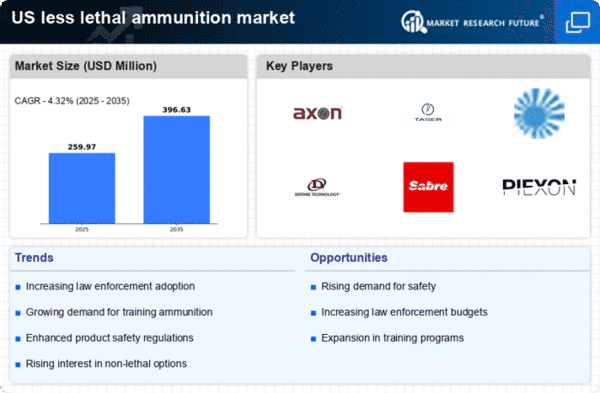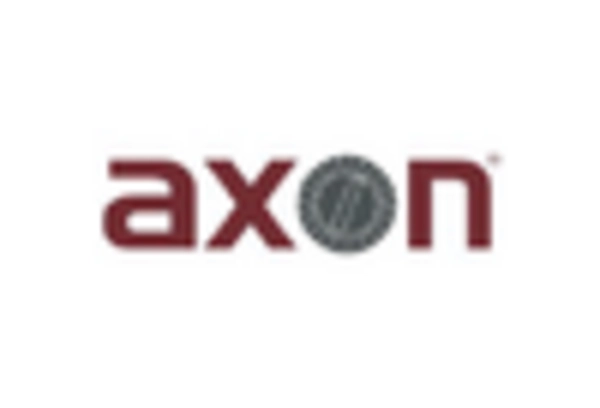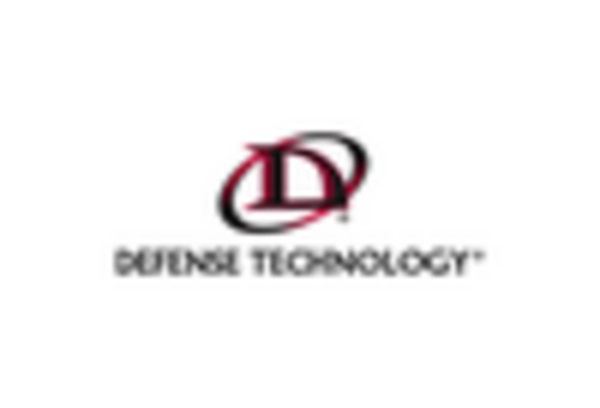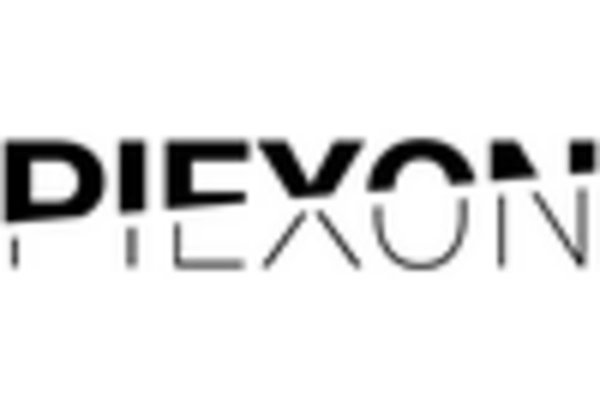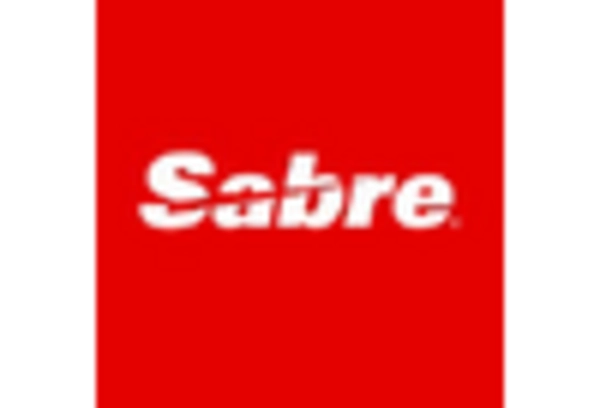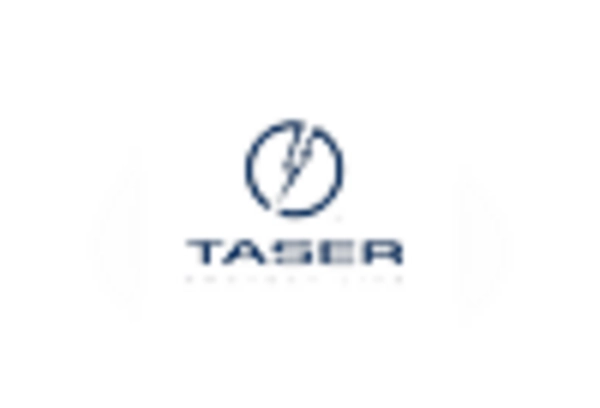Public Safety Concerns
Public safety concerns are increasingly influencing the dynamics of the less lethal-ammunition market. With rising incidents of violence and civil unrest, there is a growing demand for alternatives that can incapacitate individuals without causing permanent harm. This societal shift is reflected in a 25% increase in the procurement of less lethal options by security firms and private entities. The less lethal-ammunition market is responding to these concerns by developing products that are not only effective but also align with public expectations for safety and accountability. As communities advocate for responsible policing, the market is likely to see sustained growth driven by these public safety imperatives.
Growing Law Enforcement Adoption
The increasing adoption of less lethal-ammunition by law enforcement agencies in the US appears to be a pivotal driver for the less lethal-ammunition market. As police departments seek to minimize fatalities during confrontations, the demand for non-lethal options has surged. Reports indicate that approximately 30% of law enforcement agencies have integrated less lethal options into their standard operating procedures. This trend is likely to continue as agencies prioritize community safety and de-escalation tactics. The less lethal-ammunition market is thus experiencing a notable uptick in product development and procurement, with manufacturers responding to the needs of law enforcement by innovating and enhancing their offerings.
Increased Focus on Training and Education
The emphasis on training and education regarding the use of less lethal-ammunition is emerging as a significant driver in the market. Law enforcement agencies and security personnel are increasingly recognizing the importance of proper training in the effective deployment of non-lethal options. This focus is reflected in the allocation of resources towards training programs, which have reportedly increased by 20% in recent years. The less lethal-ammunition market is benefiting from this trend, as training initiatives not only enhance the effectiveness of these products but also promote their responsible use. As training becomes more standardized, the market is likely to see a rise in demand for certified less lethal options.
Legislative Support for Non-Lethal Alternatives
Legislative support for non-lethal alternatives is becoming a driving force in the less lethal-ammunition market. Various states are enacting laws that encourage the use of less lethal options in law enforcement and security operations. This legislative backing is fostering an environment where the adoption of non-lethal ammunition is not only encouraged but also incentivized. Reports suggest that states with supportive legislation have seen a 15% increase in the procurement of less lethal ammunition by law enforcement agencies. The less lethal-ammunition market is thus poised for growth as more jurisdictions recognize the benefits of integrating these alternatives into their operational frameworks.
Technological Innovations in Product Development
Technological innovations are playing a crucial role in shaping the less lethal-ammunition market. Advances in materials and delivery systems have led to the creation of more effective and reliable non-lethal ammunition. For instance, the introduction of smart ammunition that can be deployed with precision is gaining traction. This innovation is expected to enhance the effectiveness of less lethal options, potentially increasing their adoption across various sectors. The less lethal-ammunition market is thus witnessing a wave of new product launches, with manufacturers investing heavily in research and development to stay competitive. This focus on innovation is likely to drive market growth in the coming years.


